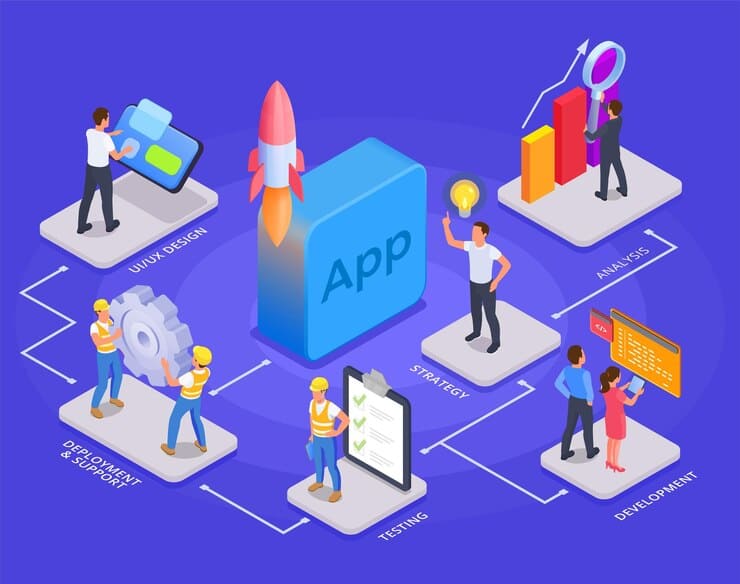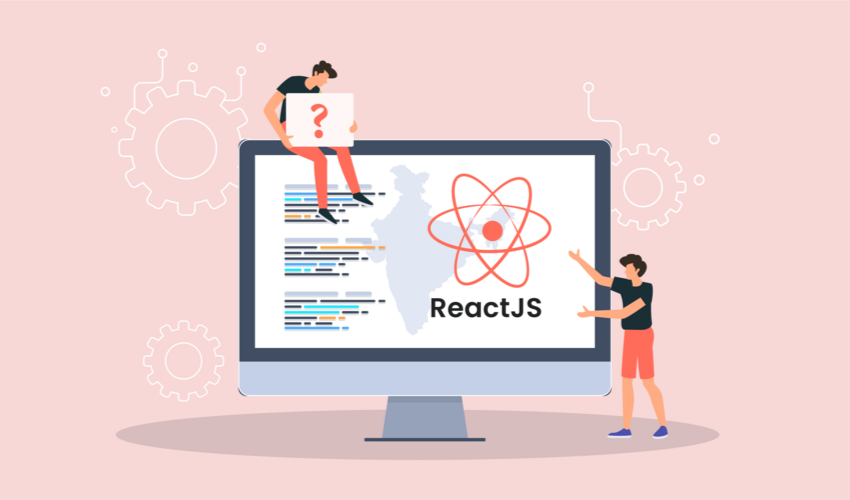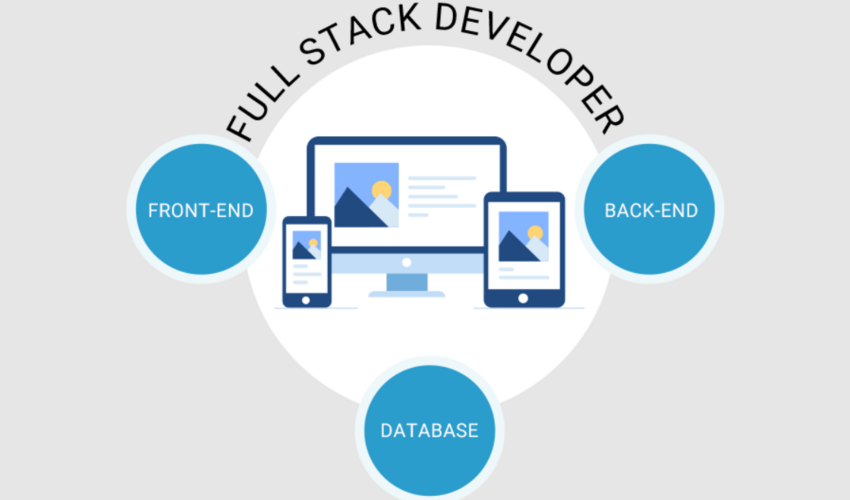How To Choose The Right Platform For Your App Development

In today's digital age, developing a mobile app can be a game-changer for your business or project. However, one of the crucial decisions you'll need to make is choosing the right platform for your app development. The platform you select will significantly impact the app's performance, user experience, and reach. In this guide, we'll walk you through the process of selecting the right platform for your App Development.
How to Select the Best Platform for App Development
Some of the key considerations for choosing the right App Development platform are as follows;
Define Your App's Purpose and Audience
Before diving into platform selection, you must have a clear understanding of your app's purpose and target audience. Ask yourself the following questions:
- What problem does your app solve?
- Who is your target audience?
- What devices do they use (iOS, Android, or both)?
- Do you need a responsive web app or a native mobile app?
Budget and Resource Constraints
Determine your app development budget and available resources. Consider the costs associated with each platform, including development tools, app store fees, and ongoing maintenance. Be realistic about your financial constraints, as they can influence your platform choice.
Platform Types
There are three primary platform types to consider:
Native: These apps are specifically developed for a single platform (iOS or Android) using platform-specific languages (Swift/Obj-C for iOS, Java/Kotlin for Android). They provide the highest level of performance and user experience but requires more development effort.
Cross-platform: These apps are built using a single codebase and can run on multiple platforms. React Native, Flutter, and Xamarin are some examples of popular cross-platform frameworks.
Web: Web apps are accessible through web browsers on various devices. They are cost-effective and easy to maintain but may lack the performance and features of native apps.
User Experience (UX) and Design
Consider the user experience and design requirements for your app. Native apps can provide the best user experience as they are tailored to the specific platform's guidelines. However, cross-platform and web apps can achieve good UX with proper design and development.
App Performance
Performance is critical for app success. Native apps typically offer the best performance due to their platform-specific optimizations. Cross-platform apps are continually improving their performance but may not match the speed of native apps. Web apps may have performance limitations, especially for resource-intensive tasks.
Development Skillset
Evaluate your team's expertise and skills. If you have developers with experience in a specific platform, it may be more efficient to choose that platform. Cross-platform solutions may be suitable if you want to maximize code reuse and have a diverse skill set.
App Store Policies and Guidelines
Both Apple's App Store and Google Play have specific guidelines and policies that your app must adhere to. Familiarize yourself with these rules to ensure your app's acceptance on the chosen platform.
Development Cost and Resources
When choosing a platform, you can consider your budget and available resources. Native development can be more expensive because you'll need separate teams for iOS and Android. Cross-platform and hybrid development can be more cost-effective, as they require fewer resources.
App Monetization Strategy
Your app's monetization strategy plays a significant role in platform selection. Apple's App Store and Google Play Store have different rules and fees for app submissions and in-app purchases. Consider these factors when deciding where to launch your app.
Testing and Debugging
Each platform has its set of tools and resources for testing and debugging. Consider which platform offers the best testing capabilities and ease of debugging for your development team.
Scalability and Future Proofing
Think long-term. Choose a platform that allows for scalability and future enhancements. Consider how easy it is to add new features, update the app, and adapt to evolving technologies.
The Final Notes
Choosing the right platform for your app development is a critical decision that impacts your app's success. By carefully considering your app's purpose, budget, target audience, and various platform options, you can make an informed decision that best meets your goals and resources. Remember that there is no one-size-fits-all solution, and the best platform for your app depends on your specific business requirements. And with Qono Technologies by your side, you have a trusted partner to bring your app development dreams to fruition.
Latest Trending
Categories
- Airbnb
- Airbnb clone
- Airbnb clone script
- Multi Vendor Marketplace Script
- Buy Sell Marketplace
- Vacation Rental Website
- Online Food Ordering and Delivery Clones
- Multi-Vendor E-Commerce Script
- Online Rental Script
- Fancy Clone
- Car Rental ScriptSoftware Development
- Car Rental Script
Never Miss Another Post!
Get updates & Valuable tips straight into your inbox once a week.




